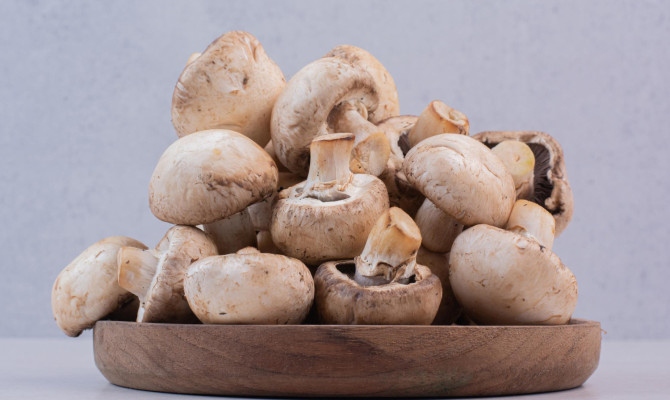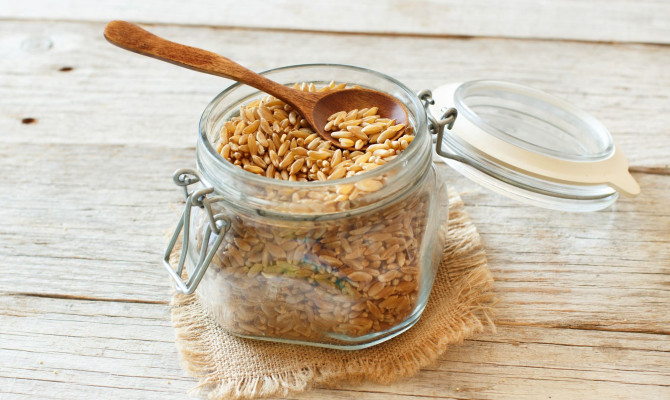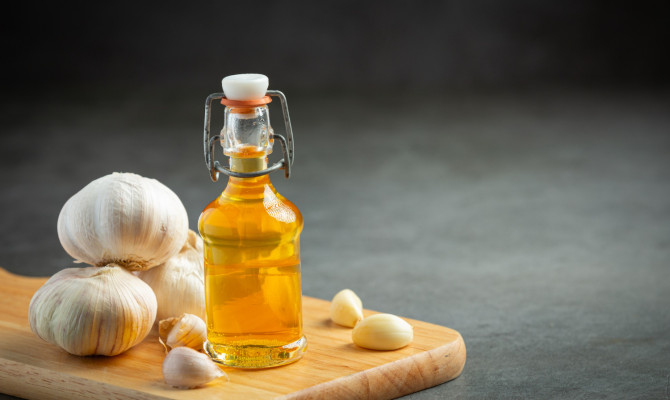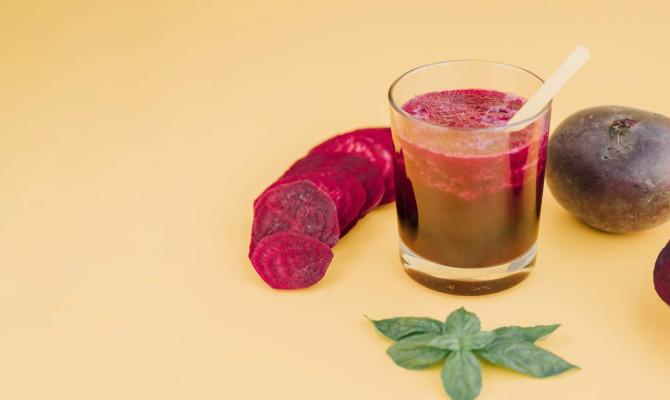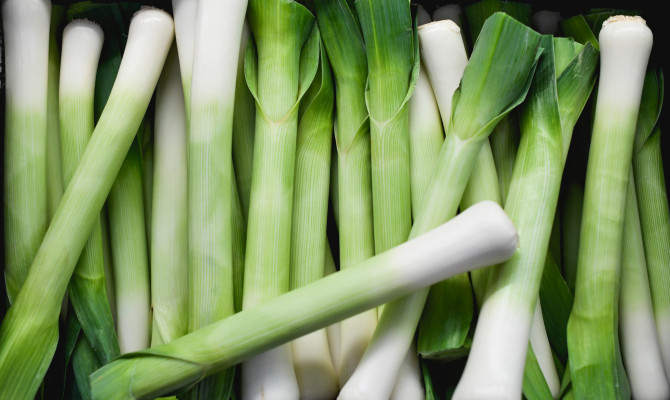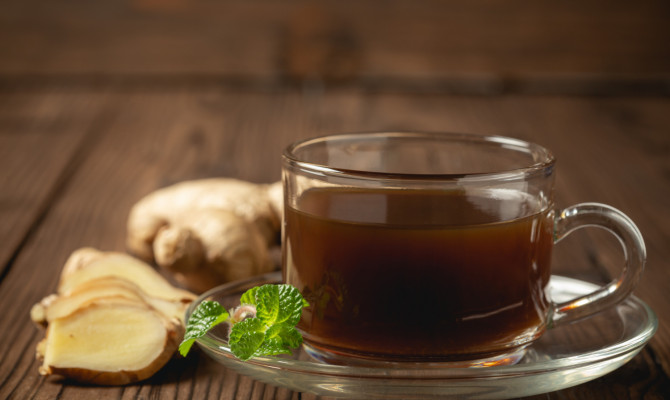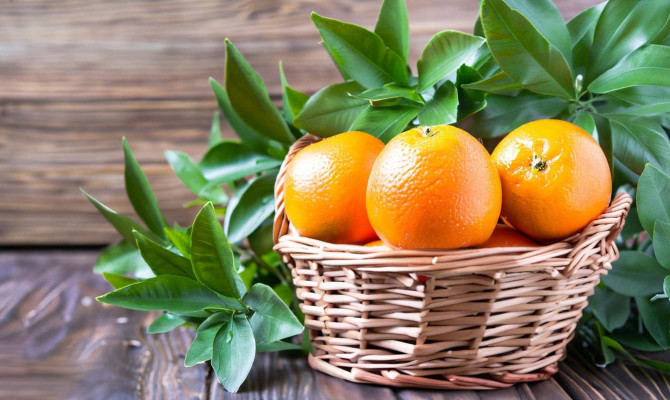Onions: Nutrition, Health Benefits, and Precautions

- Onions
- 01 Sep 2023
Overview
Introduction
Onions are globule-shaped underground vegetables from the Amaryllidaceae family cultivated for their eatable bulb. They are related plants, like shallots, garlic, leeks, and chives. Onions differ in size and shape and may have different colors, such as red, yellow, and white. Onions have a distinct smell; the flavor varies from sweet to spicy based on the onion type and cultivation period. The most widespread types of onions are white, yellow, and red, while other varieties include Pearl onions, Vidalia onions, and Spanish onions. Onions are tasty, versatile vegetables with many nutritious compounds and provide multiple health benefits. The article will review onion nutrition, its health benefits, side effects, risks, and some tips to include in the diet. 1Introduction | Researched based study from Science Direct
Here are some facts about onions
- Botanically onions are called Allium cepa
- Onions are indigenous to Southwest Asia, but now they are grown worldwide.
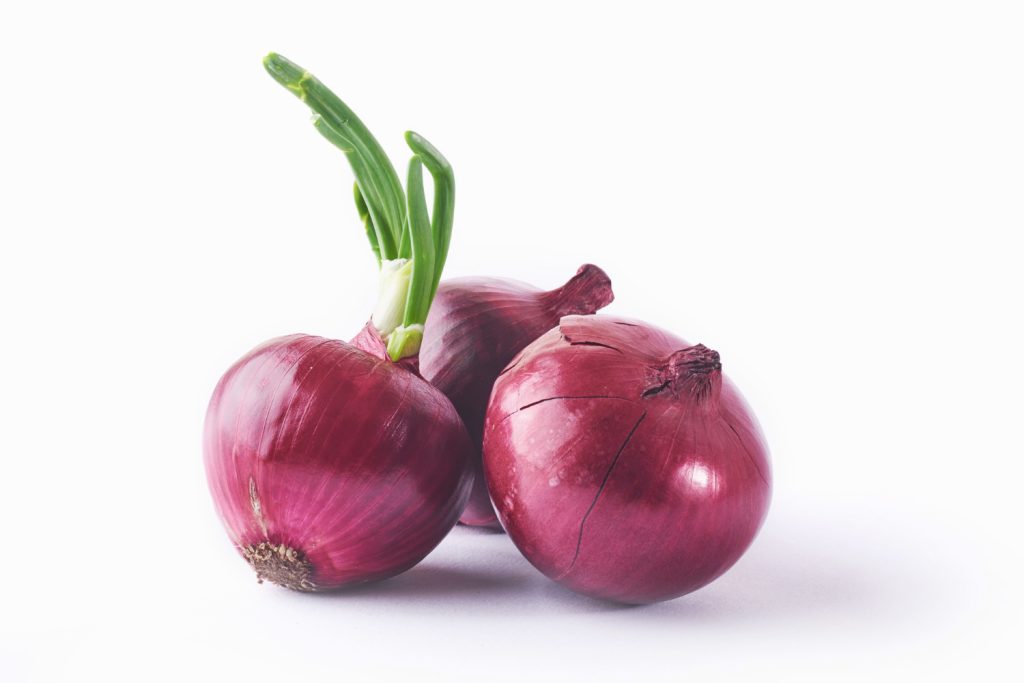
Nutrition
Nutritional value
- The carbohydrates in onions consist of simple sugars viz; sucrose, glucose, and fructose.
- Onions contain reasonable amounts of soluble fibers called fructans, also called prebiotic fiber, as they serve as the food source for the gut’s beneficial bacteria.
- However, fructans can cause digestive issues in FODMAP-sensitive people
- FODMAP are short-chain carbohydrates of fermentable oligosaccharides, disaccharides, monosaccharides, and polyols
- Raw onions contain 89% water; the rest, 11%, contain other nutrients.
100 grams of raw onions consist of the following nutrients-
- Calories-40
- Fat – 0.1 gm
- Fiber- 1.7 gm (gram)
- Sugar- 4.2 gm
- Carbohydrate – 9.3 gm
- Protein- 1.1 gm 2Nutrition | Researched based study from U.S. Department of Agriculture
Vitamins and minerals in onions
- Vitamin B6
- Folate
- Vitamin C
- Potassium
- Manganese
- Magnesium
- Phosphorus
- Calcium
- Iron
Bio actives in onions:
Thiosulfinates
- Thiosulfinates is a natural substance found in Allium species plants
- It has antimicrobial, antithrombotic (prevents blood clot formation), detoxifying, and blood pressure-lowering properties
Sulfur compounds
- Sulfur compounds such as polysulfides and sulfides are natural compounds in Allium plants, including onions.
- It has antitumor and anti-inflammatory properties
Quercetin
- It is a flavonoid (natural pigment) found in fruits, vegetables, and plants.
- It has antioxidant, detoxifying, and blood pressure-lowering properties
Anthocyanins
- Anthocyanins are red, purple, or blue pigment in fruits, plants, and vegetables, including purple and red onions.
- It has antimicrobial and detoxifying properties. 3Bio actives | Researched based study from National Library of Medicine
Among the different varieties of onions, yellow and red onions contain higher antioxidants than white onions. However, prolonged cooking of onions might decrease antioxidant contents and health benefits.
Benefits
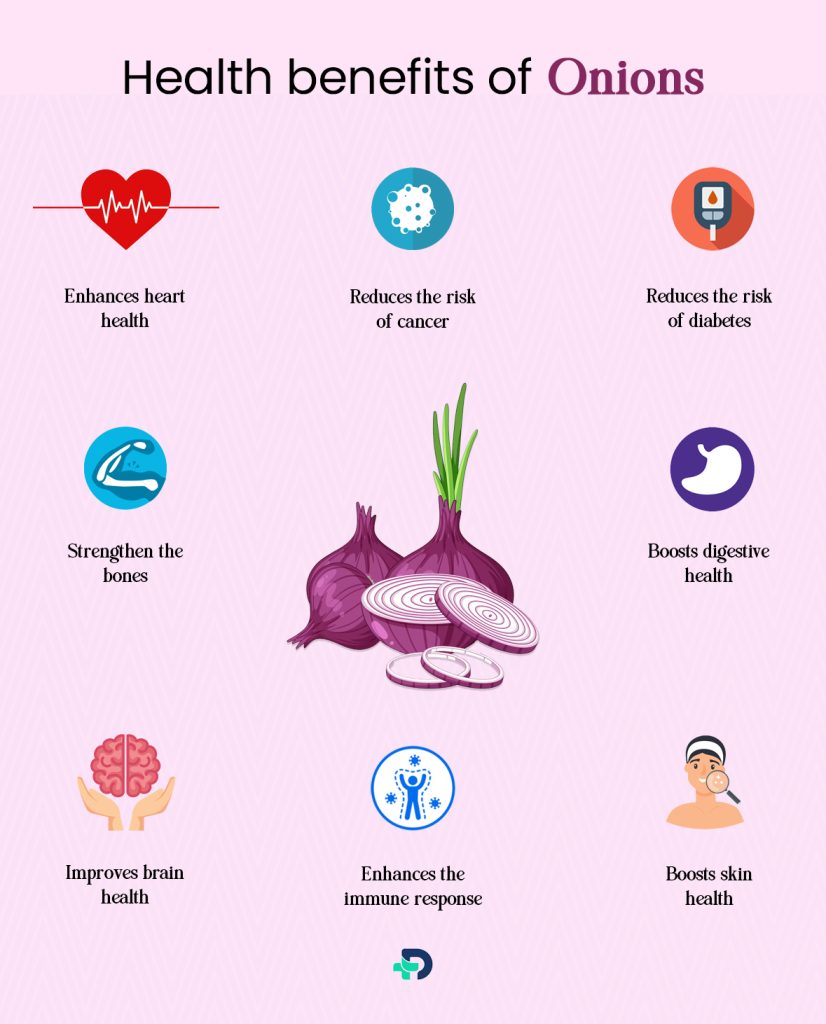
Health Benefits of Onions
- Enhances heart health
- Reduces the risk of cancer
- Reduces the risk of diabetes
- Strengthen the bones
- Boosts digestive health
- Improves brain health
- Enhances the immune response
- Boosts skin health
Enhances heart health
- Quercetin in onions lowers total cholesterol in the body and also relaxes the arteries and decreases the blood pressure.
- Research studies indicated that people with high pressure and increased weight who consumed quercetin-loaded onions had reduced blood pressure compared to those who did not eat them. 4Health Benefits | Researched based study from National Library of Medicine
Reduces the risk of cancer
- Research studies have found that consuming more onions decreases the risk of prostate, breast, and stomach cancers. 5Health Benefits | Researched based study from National Library of Medicine
Reduces the risk of diabetes
- Research studies have indicated that consuming 100 grams of onion reduced the sugar level in type 1 and type 2 diabetic patients. 6Health Benefits | Researched based study from National Library of Medicine
- However, more studies are warranted to prove the effect of onions on diabetes.
Strengthen the bones
- Nutrients in onion improve bone mineral density and reduce the chance of bone fractures and osteoporosis.
- Research on middle-aged women who consumed 100 milliliters of onion juice had better bone mass compared to the other group who do not consume. 7Health Benefits | Researched based study from National Library of Medicine
Boosts digestive health
- Fibers (probiotics) in onions act as food for the gut’s helpful bacteria
- It improves digestion and alleviates the symptoms of constipation. 8Health Benefits | Researched based study from National Library of Medicine
Improves brain health
- Nutrients viz; Flavonoids in onion improve the thinking capacity
- Research has found that individuals who consume a high flavonoid diet have a lower risk of memory disorders such as Alzheimer’s disease. 9Health Benefits | Researched based study from National Library of Medicine
Enhances the immune response
- Nutrients viz; anthocyanins in onions prevent the cell deterioration
- It also fights infections and reduces the chance of chronic diseases such as diabetes and heart ailments. 10Health Benefits | Researched based study from National Library of Medicine
Boosts skin health
- Nutrients in onions promote the body’s collagen formation
- It protects the body against harmful sun radiation and maintains skin health by preventing wrinkles, pigmentation, and blemishes. 11Health Benefits | Researched based study from National Library of Medicine
Side Effects
Side Effects of Onions
Most people can eat onions in its raw form. However, although very uncommon, some people with onion sensitivity might encounter subsequent adverse effects.
- Skin reddening
- Runny nose
- Urticaria
- Itching
- Stomach ache
- Bloating
- Heartburn
- Trouble breathing 12Side Effects | Researched based study from National Library of Medicine 13Side Effects | Researched based study from National Library of Medicine
Moreover, some people also experience adverse effects on touching the cut onions.
Precautions
Precautions
Like many other fruits and vegetables, onions also have some downsides that one should consider.
Mouth and eye irritation
- Chopping onions produces a gas (a sulfur compound called Propanethial S-oxide) that stimulates our eye’s lacrimal glands (tear-producing gland), causing eye discomfort and tearing to eliminate the irritant.
- The gas in the cut onions also causes mouth irritation when people eat them raw.
- The onion root contains the highest gas amount in the root portion. So chopping onions with the core intact might reduce the discomfort. Also, cutting the onions under tap water might dissolve the gas and decrease the irritation.
FODMAP (fermentable oligosaccharides, disaccharides, monosaccharides, polyols)
- FODMAP is a carbohydrate type unsuitable for some people with digestive ailments such as irritable bowel syndrome.
- People on a low FODMAP diet must avoid consuming onions to prevent side effects such as diarrhea, bloating, and stomach pain.
- Eating raw onions releases sulfurous compounds that mix with blood and later release through sweat pores. So, people might smell onions and produce bad breath after eating them.
- People might try parsley, Tulsi leaves, or cloves to eliminate the unpleasant breath.
Hazardous for pets
- Although onions are healthy for humans, they might be fatal for animals such as cats, dogs, and monkeys.
- Sulfides and sulfoxides in onion cause a life-threatening disease in animals called Heinz body anemia that destroys the animal’s red blood cells. 14Precautions | Researched based study from National Library of Medicine
Storage
Buying and Storing Onions
- One can buy fresh onions from food stores, supermarkets, or farmer’s markets all year round.
- While buying, select fresh, hard-to-touch, and blemish-free onions with no signs of infection. Avoid onions that are withered, soft, and greasy.
- Store onions in an airy area at room temperature. It stays fresh for around three to four weeks as such.
- One can store chopped onions in the refrigerator in a sealed container for around one week. However, discard it immediately if sliminess appears in the cut onions. Consuming the cut onions within a day or two is best to get all the health benefits.
- People can keep onion paste in the freezer for about an year. 15Storage| Researched based study from National Library of Medicine
Preparation
How to Prepare Onions for Consumption?
- Peel the onion scales with a knife and wash them thoroughly under running water before slicing them to avoid contamination.
- Chop the onions only when ready to eat or cook, as keeping cut onions for prolonged periods only enhances the smell and lessens the taste.
- To avoid tearing while cutting onions, leave the root portion uncut or chill them for half an hour in a freezer before cutting.
- After chopping the onions according to the preferred size and shape, one can boil, fry or grill and add to recipes of their choice.
Tips
Tips to include Onions in diet
Onions are tasty and enhance the aroma of a variety of dishes.
- Mix sliced raw onions into your favorite salads to make them healthier
- Add chop onions to omelets, scrambles, and frittatas
- Fry onions and add them to different dishes and relish the taste
- Add chopped raw onions to stir-fry recipes
- Add fried onion rings to your favorite burger or sandwiches
- Add grated onions to soups and stews to enhance the flavor
- Add caramelized onions to baked items such as cheddar biscuits and cornbread and relish the taste
Interactions
Interactions
Diabetic medication
- Onions might decrease the body’s blood sugar level
- Hence taking onions and anti-diabetic medication together might cause the blood sugar to go too low, causing lightheadedness, confusion, excessive sweating, and fainting.
Blood thinning medication (anticoagulants)
- Onions can delay the blood clotting process
- So, taking onions and anticoagulant medication together might increase the risk of excessive bleeding.
Medication processed by the liver
- Onions might affect the medications processed by the liver viz; cytochrome P 450 2E1
- It might decrease the efficiency and increase the side effect of the drug
Aspirin
- People allergic to onions must not take onion and aspirin together as it might only increase the sensitivity to onions and related adverse effects. 16Interactions | Researched based study from National Library of Medicine
Takeaway
Takeaway Points
- Onions are a nutritious root vegetable widely available in grocery stores
- Onions are rich in sulfur compounds, antioxidants, vitamins, and minerals that provide many health benefits
- Onions are easy to prepare, and one can easily add them to their daily diet
- However, onions can cause digestive issues in some people on a low FODMAP diet.
Any feedback on this article?
 This Articles content was accurate
This Articles content was accurate Very Informative Article
Very Informative Article I have a question or a comment
I have a question or a comment
 This article contains inaccurate content
This article contains inaccurate content This article was not helpful
This article was not helpful I have a question or a comment
I have a question or a comment
We appreciate your helpful feedback!
Checkout our social pages
References
-
Science Direct
Introduction
-
U.S. Department of Agriculture
Nutrition
-
National Library of Medicine
Bio actives
-
National Library of Medicine
Health benefits
-
National Library of Medicine
Health benefits
-
National Library of Medicine
Health benefits
-
National Library of Medicine
Health benefits
-
National Library of Medicine
Health benefits
-
National Library of Medicine
Health benefits
-
National Library of Medicine
Health benefits
-
National Library of Medicine
Health benefits
-
National Library of Medicine
Side effects
-
National Library of Medicine
Side effects
-
National Library of Medicine
Precautions
-
National Library of Medicine
Storage
-
National Library of Medicine
Interaction













